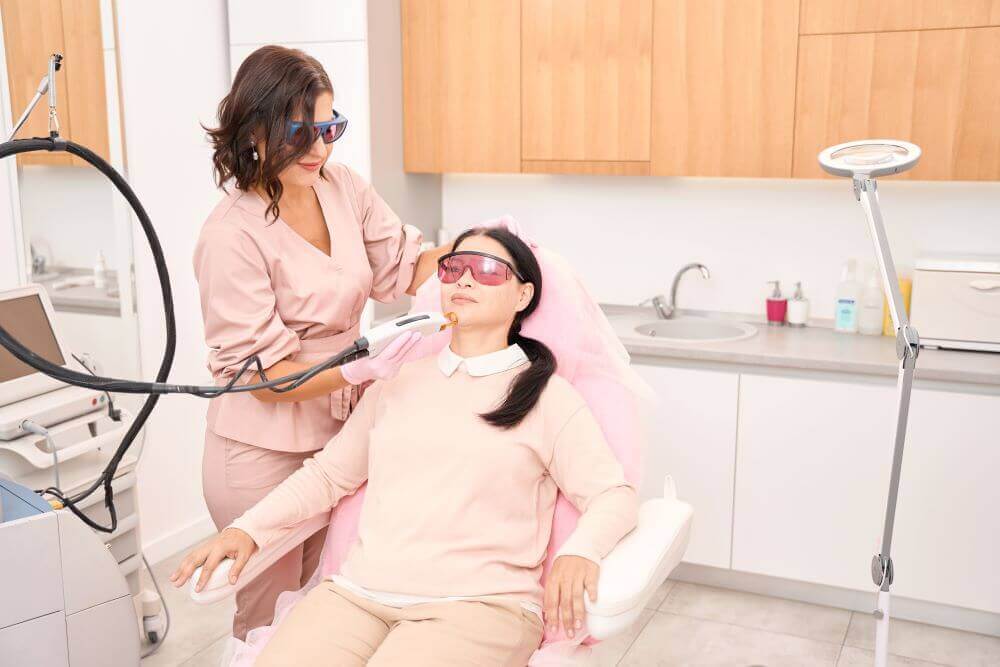Polycystic Ovarian Syndrome (PCOS) is a health problem characterized by hormone imbalance, testosterone excess, and insulin resistance effecting up to 10-20% of reproductive age women. Many are struggling with symptoms including unwanted hair, infertility, obesity, scalp hair loss in women, mood swings, irregular periods, diabetes, insulin resistance, and acne. Excess androgens are responsbile for these symptoms.
Multiple treatments exist today with the gold standard of treatment being oral birth control to decrease androgens, such as testosterone, thereby decreasing insulin resistance. Women often do not tolerate birth control for multiple reasons, including mood changes, headaches, and number one being the desire for pregnancy. Many of these side effects are due to estrogen dosage being too high or the progesterone component being androgenic itself, further contributing to rising testosterone levels.
Not all oral birth controls are equal
Combined oral contraceptives (COCs) are composed of both an estrogen and a progesterone. Estrogens increase sex hormone binding globulin (SHBG) which binds androgens, such as testosterone, so that the testosterone is not free to circulate in your body. Some older generation oral birth controls have progesterone derived from testosterone and may actually worsen PCOS symptoms (3). Many new generation progesterones also have anti-androgenic properties such as drospirenone, which is derived from another common antiandrogen used in treatment for PCOS known as spironalactone. It’s no coincidence, dropirenone is a powerful antiandrogen that is found in oral birth controls, Yaz and Yasmin (1). These COCs are particularlly effective for treating PCOS, however the high estrogen component is sometimes not tolerated.
Desogestrel is a another progesterone that has low androgen properties. Unlike many older progesterones, desogestrel is tolerated well by many women as it is neutral and does not increase androgens. When combined with the estrogen component of combined oral contraceptives, circulating androgens are effectively decreased. This progesterone is commonly found in an oral birth controls, Mircette or Kariva. The low dose estrogen component found in these COCs has minimal side effects often seen with the high dose estrogen COCs, such as bloating, weight gain, and moodswings (2). Remember, there is no one size fits all approach to treating PCOS. It’s best to use a personalized approach taking each patient’s needs into consideration.
Schedule a PCOS Sisters Telehealth appointment to determine what treatment is right for you here. We are a PCOS specialized telehealth care clinic providing primary care and PCOS treatment for women throughout Florida, Georgia, Texas, & New York. PCOS Sisters Treatment Program is derived from peer reviewed research and evidence based practice methods delivered by Nurse Practitioners.Â
Local offices:




